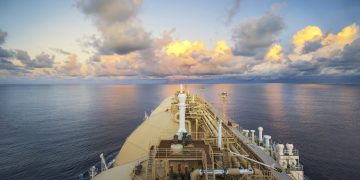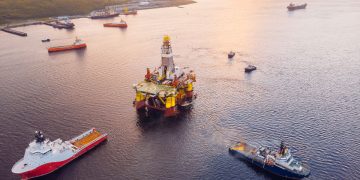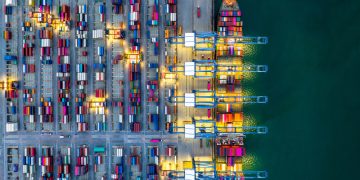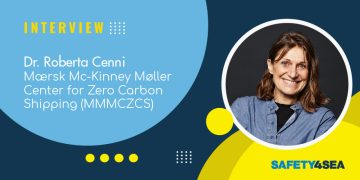INEA signs transport research grant agreements
75 research and innovation projects under the Horizon 2020 challenge Smart, green and integrated transport will receive €484 million EU funding to turn European air, rail, road and waterborne transport into a greener, safer, more competitive and well- integrated system. The selected projects cover all transport modes - air, rail, road, waterborne transport - as well as cross-cutting priorities: green solutions for urban transport, development of Intelligent Transport Systems (ITS), logistics and infrastructure improvements. Example from selected projects: e-Ferry e-Ferry will build the first mid-size 100% electric ferry to link Aero island to mainland in Denmark. The ferry will be powered by wind sourced electricity and will be able to carry 130 passengers and 40 vehicles, saving 2000 tons of CO2 per year. The ferry will carry the largest battery pack ever installed with a record-breaking high charging capacity allowing for short port stays. The projects are each implemented by a consortium of European partners. INEA will monitor their progress throughout the project life-cycle. Overall, €6.3 billion have been earmarked for transport research in Horizon 2020, the main EU's funding programme for the period 2014-2020. €2.9 billion of this amount will be managed by INEA resulting in approximately 400 projects of an average ...
Read more
























































